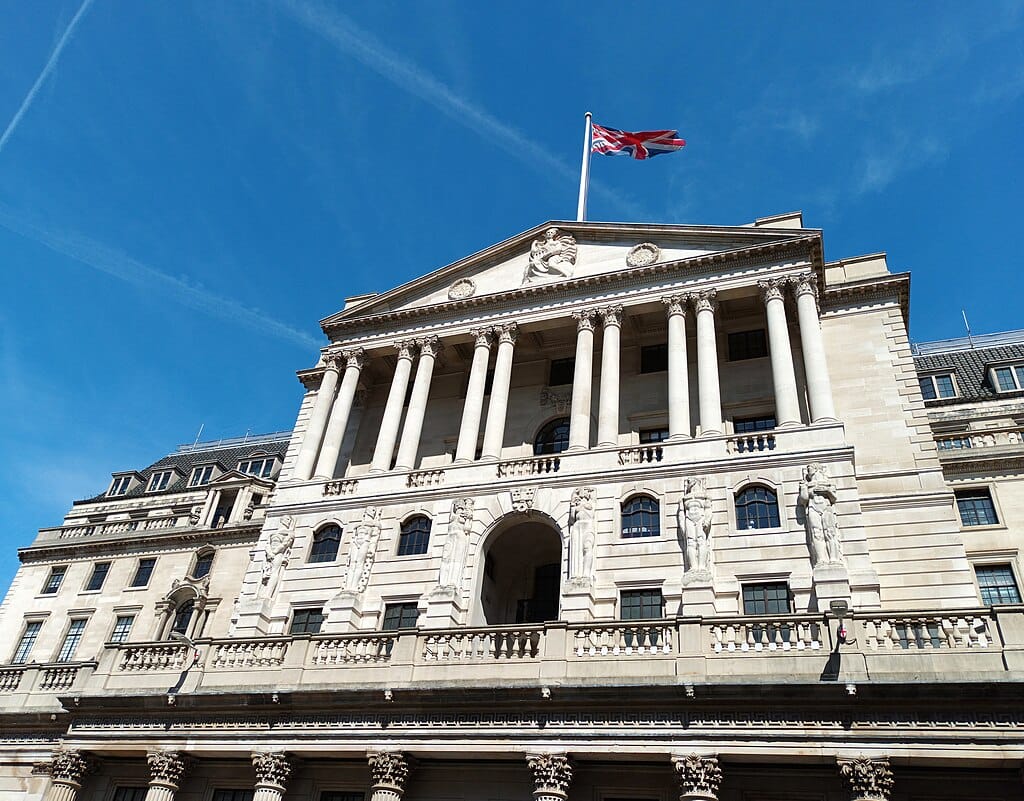
Mutual Security in a Sustainable Economy
Molly Scott Cato and Brian Heatley argue that welfare needs to be reconsider in the light of a sustainable economy.
A Green Approach to Welfare
Welfare reform has been in the news for the last thirty years. In this stimulating discussion, Molly Scott Cato and Brian Heatley argue that it needs to be taken out of the context of a neo-liberal market economy and re-considered afresh against the reality of the coming sustainable economy. The results are radical, calling for a new definition of poverty, a system based on individuals, and the abolition of a retirement age. But there is a return too to traditional Green themes like a Citizen’s Income paid to all, thrift and more emphasis on traditional skills for self-reliance.
Our welfare system has been the site of political conflict for thirty years. The present government proposes to introduce a Universal Credit. This suggests a commitment to a shared, universal welfare system and this change of approach is to be welcomed. However, like the Working Tax Credit before it, it is based on the assumption that the aim of the system is to promote labour market participation wherever possible.
And there is much wrong with the conventional analysis of the welfare system:
- the focus of political rhetoric is on the unemployed, and benefit cheats, but the vast majority of welfare spending is actually on the elderly
- the consensus that a relative definition of poverty is the right basis for debate about welfare should be challenged, since any approach to poverty policy that focuses on a fixed proportion of average incomes sets itself an impossible target
- moreover, a relative definition of poverty is also linked to economic growth, which a green approach to economics suggests must no longer guide our decision-making
- the debate also frequently focuses around income inequality, whereas an economy in which assets as well as income were more equally shared would enable greater self-reliance and reduce the demand for welfare
- an economy designed to achieve self-reliance and based on strong local economies and sustainable livelihoods would, in many respects, reduce the need for a costly social support network.
The report makes three central proposals that should guide a green approach to welfare:
- the close historical connection between welfare and the labour-market should be broken
- the idea of an official ‘retirement age’ should be abandoned, to be replaced with a more flexible approach to social contribution and dependence through the life-course
- we should re-open the discussion about the usefulness of a relative definition of poverty in the context of a limited planet.
The report also suggest a number of policies which include:
- the introduction of a Citizens’ Income, paid to all citizens of the UK as of right and without work-based qualifications
- the operation of the system on an individual rather than a household basis
- a gradually escalating Citizens’ Pension to be introduced from the age of 60 and the abolition of tax reliefs on private pensions
- the rehabilitation of thrift and a focus on education for self-reliance.



